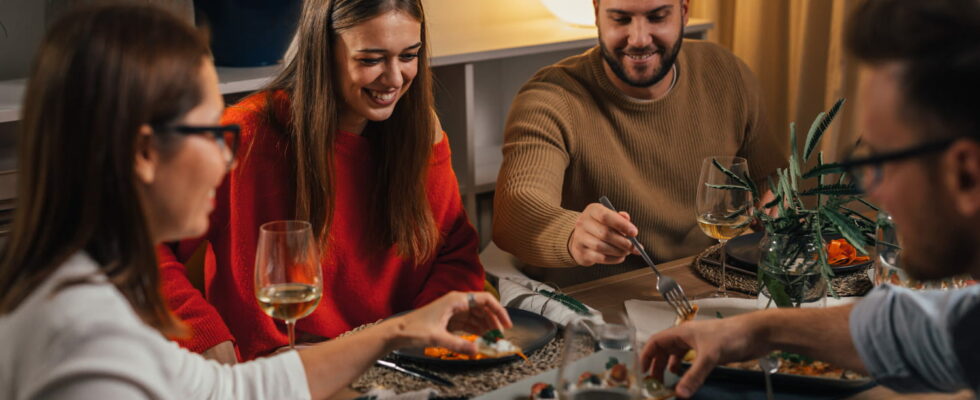What we eat before bed influences the quality of our sleep. While certain foods promote relaxation and falling asleep, others are, on the contrary, “anti-sleep”. Most savvy sleepers already avoid caffeine and sugary snacks before bed, but a host of other foods can potentially ruin people’s sleep. “This is the case for onions, for example, which are real sleep disruptors, immediately warns Toby King, nutritionist interviewed by the British media Express.co. Rich in fermentable fiber, they can cause bloating and acid reflux when lying down shortly after eating them. It is therefore best to avoid them in the evening.
Although we particularly appreciate it in the evening, after dinner or in front of the TV, another food “should never be consumed between 9 and 11 p.m.“(i.e. the two hours before most people fall asleep, editor’s note), warns the expert. It is insidious because on the one hand, it contains substances which promote sleep such as magnesium, tryptophan or flavonoids, but on the other, it is particularly rich in theobromine, a natural stimulant that increases alertness as well as heart rate and which is also found in tea.
This substance may interfere with the production of melatonin, the sleep hormone. A study published in the magazine Appetite showed that “heavy sleepers” (9 hours or more per night) consumed less foods rich in theobromine than normal sleepers (7-8 hours per night) or “short sleepers” (5-6 hours per night). The food to avoid in the evening is dark chocolate: 20 g of dark chocolate would be as exciting as drinking 2/3 of a cup of coffee. However, it would never occur to us to drink coffee just before sleeping…
If you want a snack after dinner, it is better to choose a small handful of nuts such as pistachios or almonds which naturally contain melatonin and magnesium, promoting muscle relaxation and falling asleep.
